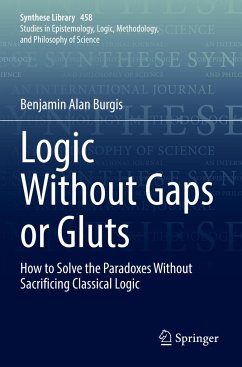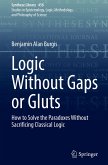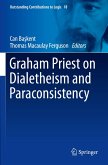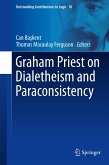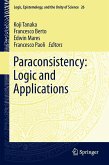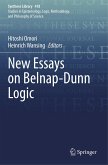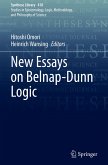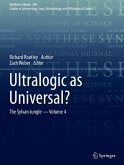This book offers a defense against non-classical approaches to the paradoxes. The author argues that, despite appearances, the paradoxes give no reason at all to reject classical logic. In fact, he believes classical solutions fare better than non-classical ones with respect to key tests like Curry's Paradox, a Liar-like paradox that dialetheists are forced to solve in a way totally disjoint from their solution to the Liar.
Graham Priest's In Contradiction was the first major work that advocated the use of non-classical approaches. Since then, these views have moved into the philosophical mainstream. Much of this movement is fueled by a widespread sense that these logically heterodox solutions get to the real nub of the issue. They lack the ad hoc feel of many other solutions to the paradoxes. The author believes that it's long past time for a response to these attacks against classical orthodoxy. He presents a non-logically-revisionary solution to the paradoxes.
This title offers a literal way of cashing out the disquotation metaphor. While the details of the view are novel, the idea has a pre-history in the relevant literature. The author examines objections in detail. He rejects each in turn and concludes by comparing the virtues of his logically orthodox approach with those of the paraconsistent and paracomplete competition.
Graham Priest's In Contradiction was the first major work that advocated the use of non-classical approaches. Since then, these views have moved into the philosophical mainstream. Much of this movement is fueled by a widespread sense that these logically heterodox solutions get to the real nub of the issue. They lack the ad hoc feel of many other solutions to the paradoxes. The author believes that it's long past time for a response to these attacks against classical orthodoxy. He presents a non-logically-revisionary solution to the paradoxes.
This title offers a literal way of cashing out the disquotation metaphor. While the details of the view are novel, the idea has a pre-history in the relevant literature. The author examines objections in detail. He rejects each in turn and concludes by comparing the virtues of his logically orthodox approach with those of the paraconsistent and paracomplete competition.

